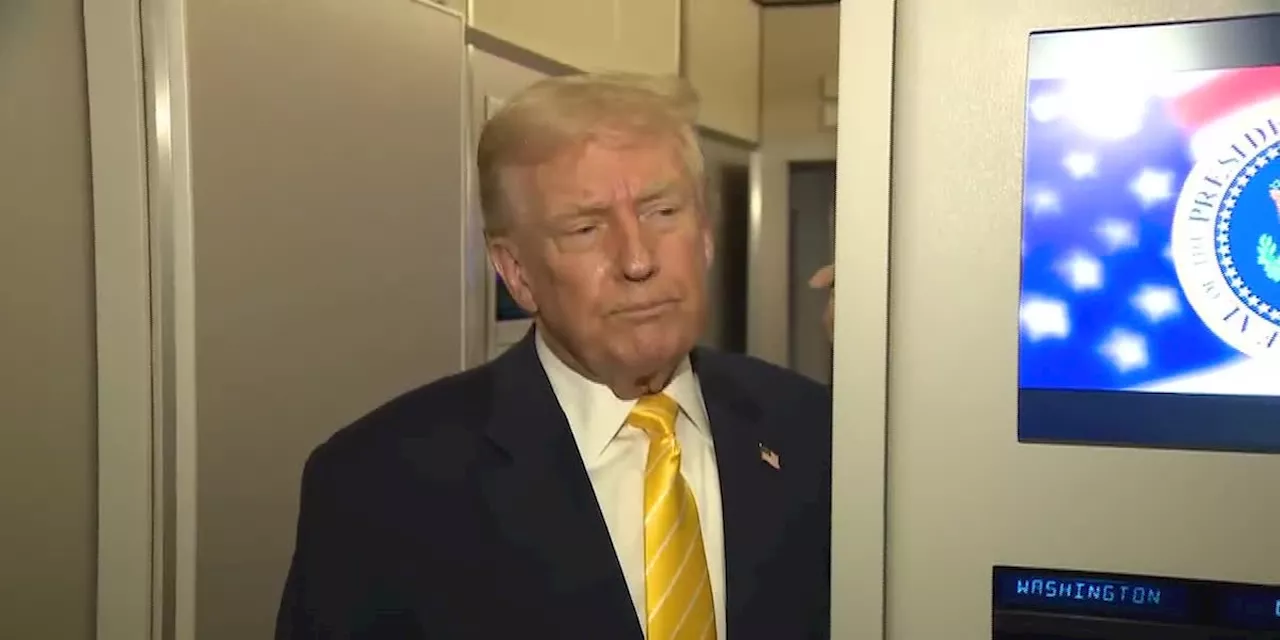President Donald Trump has announced his intention to sue the BBC for damages ranging from $1 billion to $5 billion. The lawsuit stems from a documentary that Trump’s legal team alleges contains false and defamatory content about him. While speaking to reporters aboard Air Force One on Friday, Trump stated, “We’ll sue them for anywhere between a billion and $5 billion, probably sometime next week.”
The controversy focuses on the BBC’s documentary titled “Trump: A Second Chance?” which aired in October 2024. Trump and his lawyers contend that the film misrepresents his actions and statements, particularly regarding a speech he gave on January 6, 2021, prior to the Capitol attack.
In response to the allegations, the BBC has expressed its disagreement with Trump’s claims of defamation. The broadcaster’s Director-General, Tim Davie, and news CEO, Deborah Turness, have both decided to leave the corporation, amidst growing scrutiny over the documentary’s content. The BBC issued an apology to Trump on March 15, 2024, acknowledging an error in judgment regarding the edited speech. Nevertheless, the organization maintains that there is no valid basis for a defamation claim.
Trump’s complaint highlights his assertion of suffering “overwhelming financial and reputational harm” due to the documentary. The former president had previously threatened legal action unless the BBC retracted the film and issued a formal apology. Despite the apology for the editing error, the BBC has no plans to rebroadcast the documentary on its platforms.
The situation has intensified discussions about media accountability and the standards to which organizations are held when covering political figures. The BBC, as a public broadcaster, faces significant scrutiny, particularly when its reporting intersects with high-profile personalities like Trump.
This latest legal move illustrates the ongoing tensions between Trump and media outlets, as he continues to challenge narratives that he perceives as unfavorable. As the lawsuit develops, the implications for both Trump and the BBC could resonate throughout the media landscape, raising questions about journalistic integrity and the limits of free speech.
